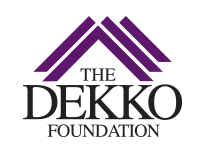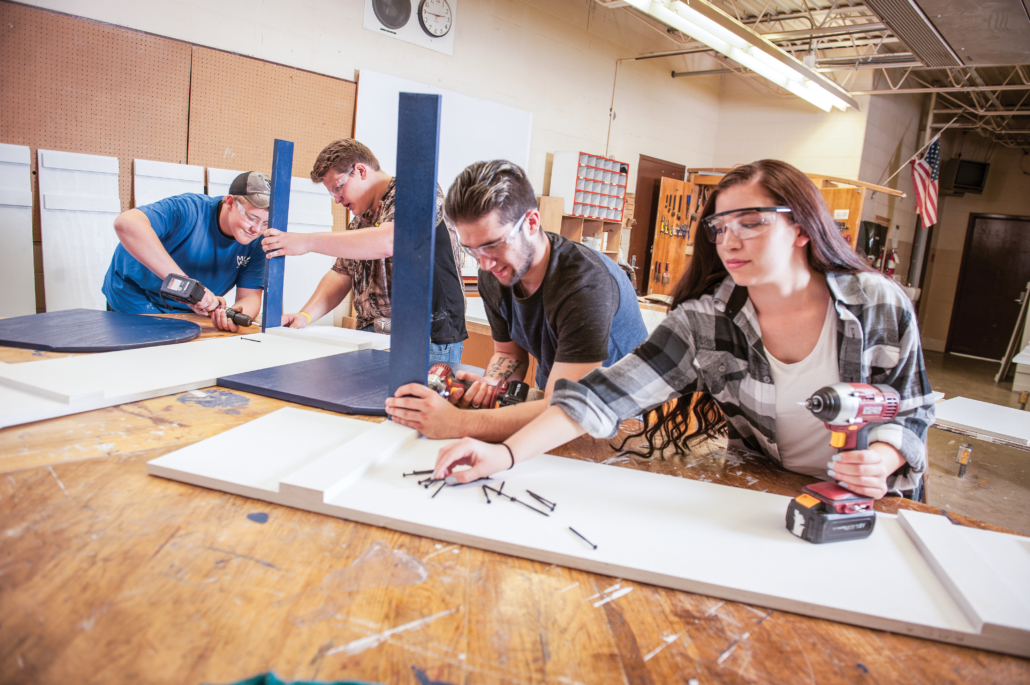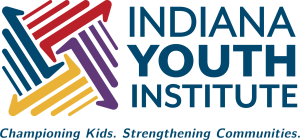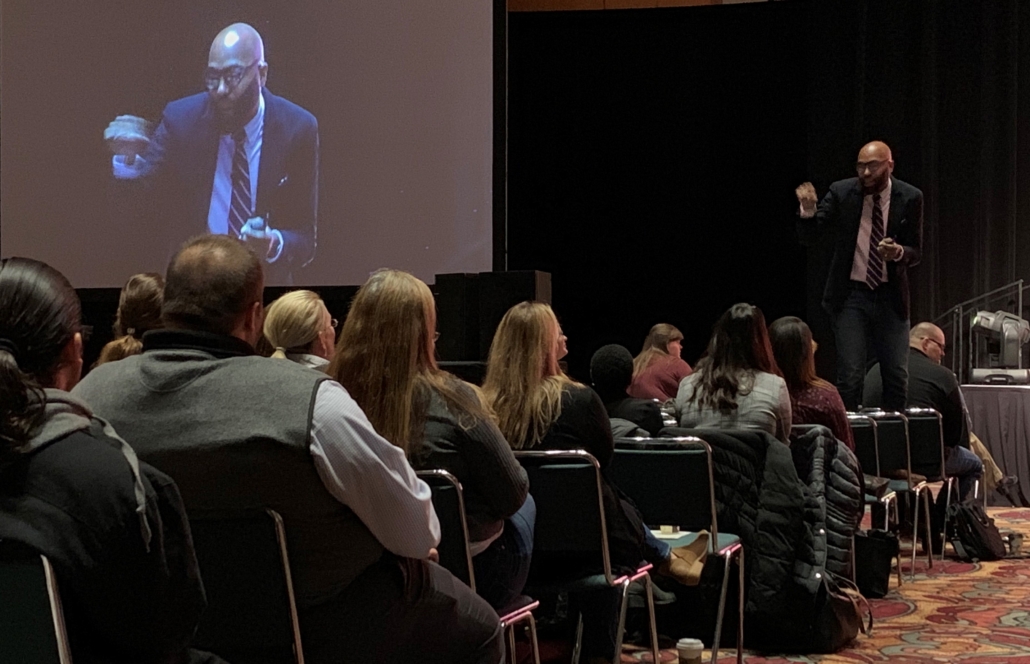Our latest conversation starter: Golden
By Barry Rochford, strategic communication officer
It’s here!
Golden, our conversation starter that celebrates young people ages 13 and beyond, is here. This book encapsulates seven time-tested youth development principles that inform our grantmaking and apply to our mission of promoting economic freedom through education.
Golden has been a long time in coming. It’s based on our research and understanding of youth development — in this case the teen years, which is a period of remarkable transformation in a young person’s life. We titled it “Golden” because we believe the teen years are exactly that. Too often, teens are viewed negatively, but we don’t think that should be the case at all. We think teens are promising, brilliant, and VALUABLE. Teens have so much to give to the world.
The principles found in Golden aren’t necessarily new. They’re not groundbreaking or even all that unique. But they are paradigm-shifting in the sense that adults can’t direct a teen’s transformation. They can, however, help prepare caring, supportive environments for teens as they make the journey to adulthood.
The seven principles in Golden are:
- Mutual respect underlies EVERYTHING.
- Real really matters.
- A little sweat builds a lot of equity.
- Attention and commitment come from within.
- Patience is faith in action.
- You need to see it to be it.
- There is more in us than we know.
For the past several days, we’ve been sharing these principles on our Facebook page. And, of course, there’s much more information in Golden about them. We encourage you to read it yourself and see if it meshes with your own thinking. If you’d like a copy, please email me at brochford@dekkofoundation.org, or you can message us on our Facebook page. You can also read an online version of Golden on our website here.
Golden is the fourth of our child development conversation starters that we’ve produced over the years, the others being our Owner’s Manual for newborns through age 5; Sturdy Stems for young people ages 6-12; and 7 Simple Ideas to Make Your Classroom Bloom! for educators and parents.
We call them “conversation starters” because they’re intended to do just that: begin a dialogue about the great things that happen when adults step back and consider what young people need to grow and develop. But they’re not written in stone. We believe the principles described in them are timeless, but our understanding of them is updated and changed as we learn more — especially as we work with grantseekers who are trying to do what’s best for young people each day.
I stated earlier that the teen years are a period of remarkable transformation. In fact, they’re a lot like a chrysalis — the last stage before a caterpillar becomes a butterfly. Interestingly enough, the Greek origin of “chrysalis” means “gold.”
Like the caterpillar, teens experience a time of intense, inward-focused development that prepares them to one day step forward in the world with all of their beautiful colors on display.
We hope you enjoy reading Golden and find it valuable in your own work.









